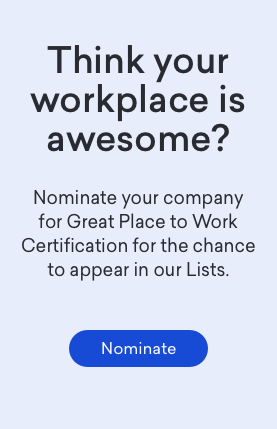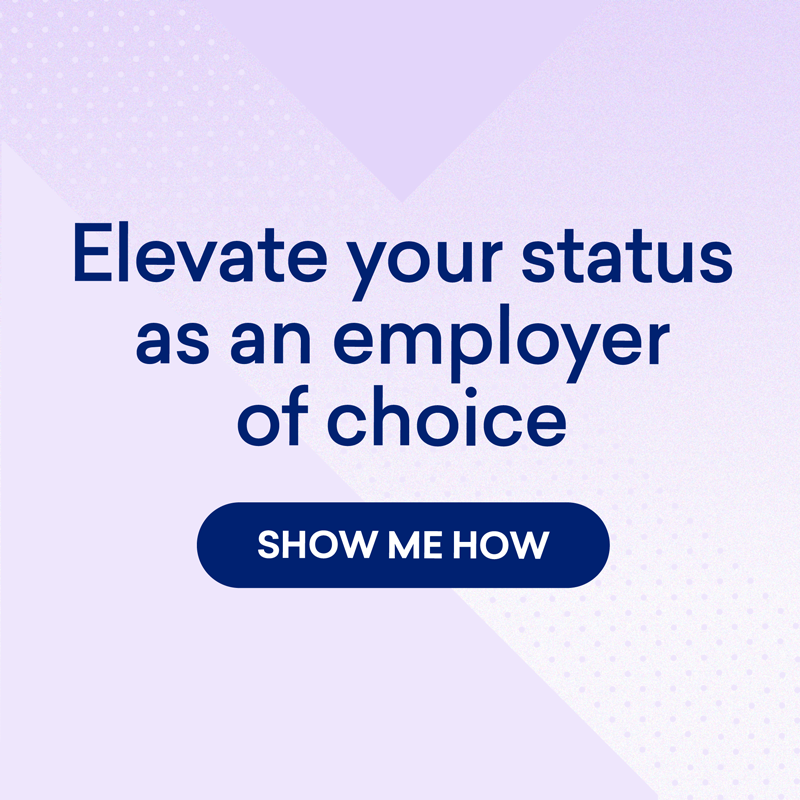
Many see President-elect Donald Trump’s rise in popularity—and ultimately his election to the presidency—as a long-building reaction to identity politics and political correctness taken to extremes. Nowhere is this tension more apparent than America’s college and university campuses, where some students claim that freedom of speech does not confer the right to express opinions they find distasteful. The general attitude is that if one disagrees with them, then one is probably racist, xenophobic, sexist, bigoted, or all of the above. All of which begs the question: Does a person even belong in college if they cannot handle or tolerate differing opinions?
Some critics of our elite colleges claim that what lies at the heart of multiculturalism, diversity, and political correctness is actually an intolerance of different opinions. The hypocrisy, these critics claim, is that those proclaiming to be most sensitive to intolerance are too often the most intolerant, judging those with opposing views harshly. Moreover, the legitimization of identity politics has tended to exclude consideration of some segments of America, namely a large white middle class that is hurting economically alongside Americans of all colors and creeds.
The perhaps-understandable backlash to identity politics is causing fear among some that diversity and inclusion programs, as a result, will be rolled back in corporate America.
This should not happen. What should happen is a broader understanding of what constitutes “diversity.”
ALPFA, the Association of Latino Professionals for America, consists of 44 professional and 160 chapters in colleges and universities across the country and, this week, 15 of our top student leaders had an opportunity to discuss pressing issues with the Fortune 500 Chief Executive Officer of Assurant, Alan Colberg, in an intimate lunch with his senior management team.
While diversity typically refers to demographics like gender, race, and ethnicity, Colberg informed the group: “When I say diversity, I’m referring to diversity of thought, which comes from different experiences in life, different backgrounds, and different educational perspectives.” Colberg discussed the research of a recent study published in the Harvard Business Review that explained why, after more than twenty years of intense diversity training and programs, on balance, equality in corporate America is not improving.
Leaders just get it or they don’t. Alan seems to exude inclusion in both word and deed. He has assembled a diverse board of directors, a diverse management team, and knows at his core that inclusion drives innovation, leading to his core values of “uncommon thinking generating uncommon results.”
I was recently reminded of David Foster Wallace‘s well-known commencement speech: “This Is Water: Some Thoughts, Delivered on a Significant Occasion, about Living a Compassionate Life.” Wallace begins with a parable:
There are these two young fish swimming along and they happen to meet an older fish swimming the other way, who nods at them and says “Morning, boys. How’s the water?” And the two young fish swim on for a bit, and then eventually one of them looks over at the other and goes “What the hell is water?”
He explains that, “The point of the fish story is merely that the most obvious, important realities are often the ones that are hardest to see and talk about.”
Great leaders recognize that talent and leadership abilities are distributed randomly. Therefore, they do not form judgments about a person based on ethnicity, gender, religion, age, or any other factor. They root out prejudice and biases in themselves and others and ensure that there is an equal opportunity at all levels for everyone to rise to a position of leadership on the basis of merit and character. And then great leaders encourage their teams to leverage their distinctive strengths to spark innovation in the business.
One of these great leaders is our partner Jyoti Chopra, global head of diversity and inclusion at BNY Mellon, who has helped create a distinct competitive advantage at her firm through a diverse workforce with fresh perspectives that help spot untapped opportunities and unearth new innovations.
I believe President John F. Kennedy said it best at an address in June 1963 to students at American University in Washington D.C., "Let us not be blind to our differences--but let us also direct attention to our common interests and the means by which those differences can be resolved. And if we cannot end now our differences, at least we can help make the world safe for diversity."
Diversity is a strength. But thinking about diversity in a diverse way… is perhaps the best way forward.
--
Find out what companies have been named to the 2016 Best Workplaces for Diversity List here.














